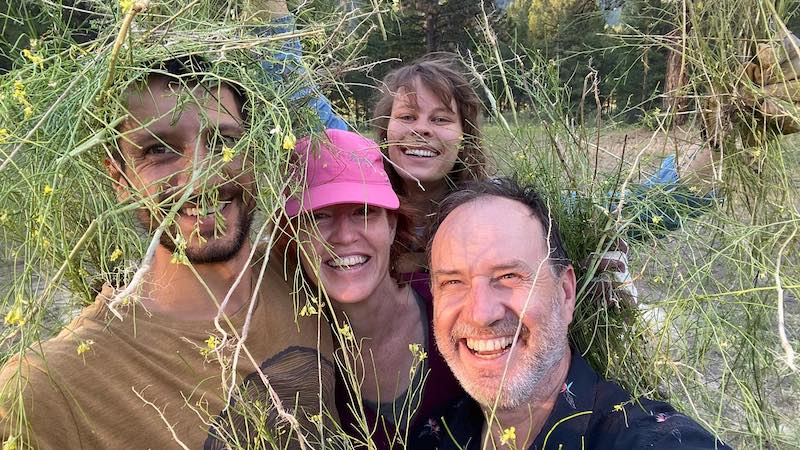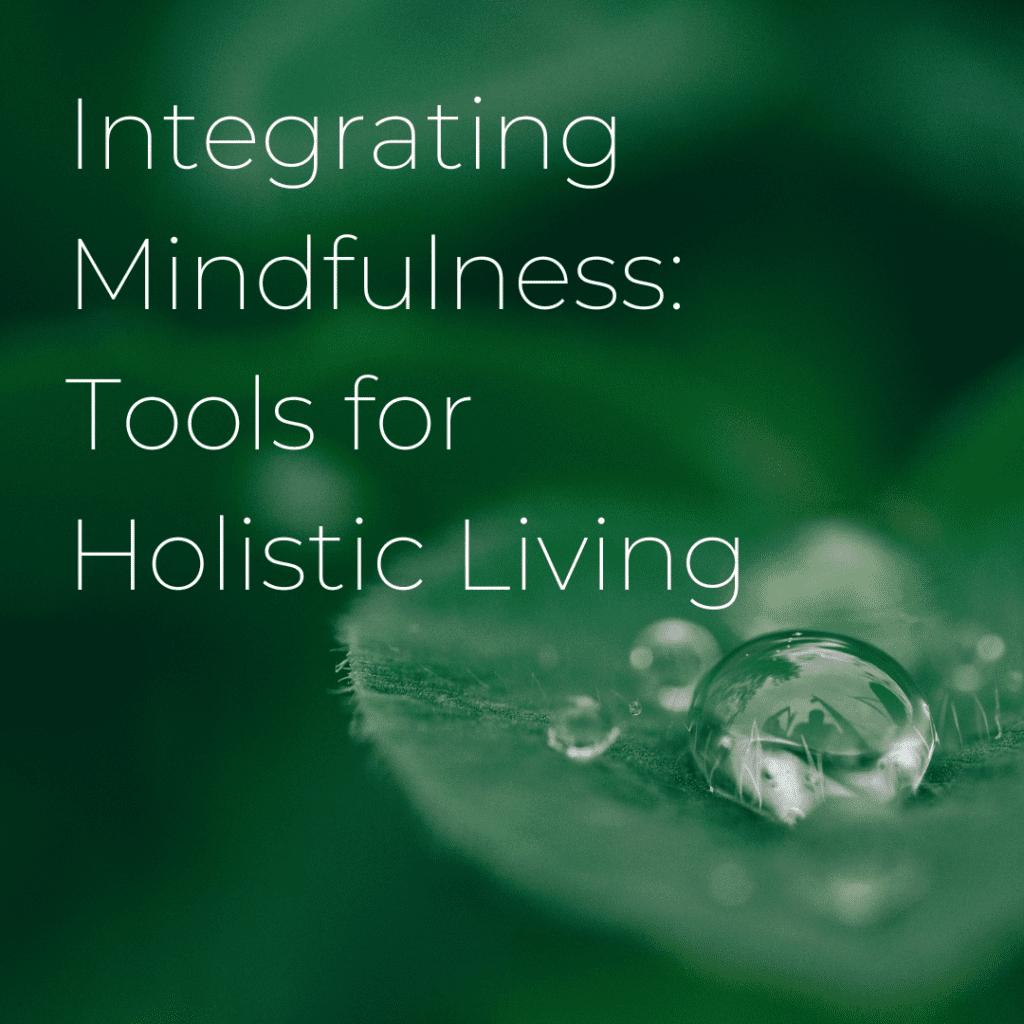How I Stopped Listening to Negative Self-Talk
In certain ways, everything was perfect; the searing red of my dress, the click of my heels on the office floor, the pastel pink and yellow tulips I’d bought for our lead woman’s set. Everything was glowing on the pale March morning in Manhattan.
Yet even though I’d done so much right, something was off.
I was producing a film and had just relinquished the purchase of espresso for the crew. Naturally it was the crew’s grumblings about not having coffee that I heard the loudest in the first five minutes on set (even though the grumblings had lasted about two seconds).
“Damn, I forgot to let them know they can just go use the machine in the kitchen,” I thought to myself, “Everyone must be thinking the same thing: What a fake, she’s not a real producer—could we hire someone else next time, for the love of God?”
That Saturday, I was absent from Integrating Mindfulness, a course I was taking with Karen and Duncan. I’d signed up for their course because I knew I needed serious help. The coming hours and days would only seal that in.
After the lights went down, we wrapped filming, and everyone went home, I entered a depression. I had martyred myself for the film. I didn’t know what boundaries I needed, or how to set them. I had become codependent on the project for a sense of identity. And I saw my depression as a sign that what I’d thought I wanted—and if this debilitating, deathless death is what it took to create it—was a total sham.
The following weekend, I received grace. At the Integrating Mindfulness class, it took seven rungs to coax me toward leaving my low, damp, and cold hiding place, toward what I would learn might be my only true refuge.

"It’s unpleasant to admit to yourself that maybe your entire perception of reality is not true. But, at the same time, that’s exquisitely liberating."
*Erika is currently participating in our Three Month Intensive Program, where she’s continuing to unpack perceptions of reality.
Karen and Duncan, smiling through their every word in their glowing Irish and British lilts, clicked onto a slide of their presentation.
“Anybody here recognize the Ladder of Inference?” Duncan asked. The Zoom room stayed silent and blinking.
“Each step in the decision making process is represented by a rung on the ladder,” Karen continued.
And here is where my mind was invited to remember something the depth knows:
The ladder of Inference
- Observable “data” and experiences arise. (Eg. I didn’t bring espresso to the set)
- I select “data” from my observation. (People grumbled about not having coffee)
- I add meanings to that data. (They were judging me)
- Then, I make assumptions based on those added meanings, (They thought I was a sham)
- And, then I draw conclusions. (I am a sham)
- Following those conclusions, I adopt beliefs, (I’m a sham and it can’t be changed).
- And, based on those beliefs, I take action. (Depression).
“That’s my life,” I thought. “That’s my tiny little life.”
Realizing that is the last straw that broke my entire camel’s back. And yet, sometimes what we get just after one’s back breaks in the desert is the long-awaited oasis.
I realized that nothing I believe is necessarily true, at all, and where my ego found and finds terror in that annihilation of a fixed self and reality, I also came to the loveliest awe and calm. “Ah, yes. Of course none of this is true. How could this be it?”
It’s unpleasant to admit to yourself that maybe your entire perception of reality is not true. But, at the same time, that’s exquisitely liberating. Because if the Ladder of Inference showed me that my beliefs and actions are not necessarily based on something real, that means that all of life could become something different from what I’d assumed it to be.
In the following weeks, Karen and Duncan taught us what I call, “how to become more real.” Clear Sky has five principles of a spiritual container that center one in the moment on what needs full attention.
By the end of the class, I had a choice: continue to knowingly choose the negative and live a life that I do not want, or choose to believe that I don’t know the whole truth, and the truth might be better than my wildest dreams.
Karen shared something I will take with me to my grave: “If anything, bring a sense of curiosity to your mindfulness and meditation. Just be curious. Deepen in that sense of curiosity.” Curiously consider the possibility that nothing you have based your reality on is true, and see where this takes you. How can curiosity transform every moment of your life?
I want to be the film, the story, the being, that I’d like to watch—for eternity. The teachers at Clear Sky have been stressing something both directly and subtly that I think gets to the core of things: Do not settle.
I feel that as a deep urge within, both human and not human. It’s an urge that whispers and shouts at the same time: In every aspect of life, from your head to your toes, every nook and cranny that exists inside of you, do not settle. If you think there is more, that’s because there is more—or, maybe, there is less that is much more. And, perhaps that journey is integrating mindfulness so deeply into your life, you become it.

Integrating Mindfulness Weekend Retreat
with Karen McAllister & Duncan Cryle
September 16-17, 2023
In-Person or Online
Taking a pause out of the busyness of life is essential for healthy balance and growth.
Are you struggling to integrate your meditation practice with the constant distractions and challenges of daily life?
Join Karen McAllister and Duncan Cryle for a weekend retreat. Learn how to manage your time and energy, develop supportive habits and build a regular meditation practice.


